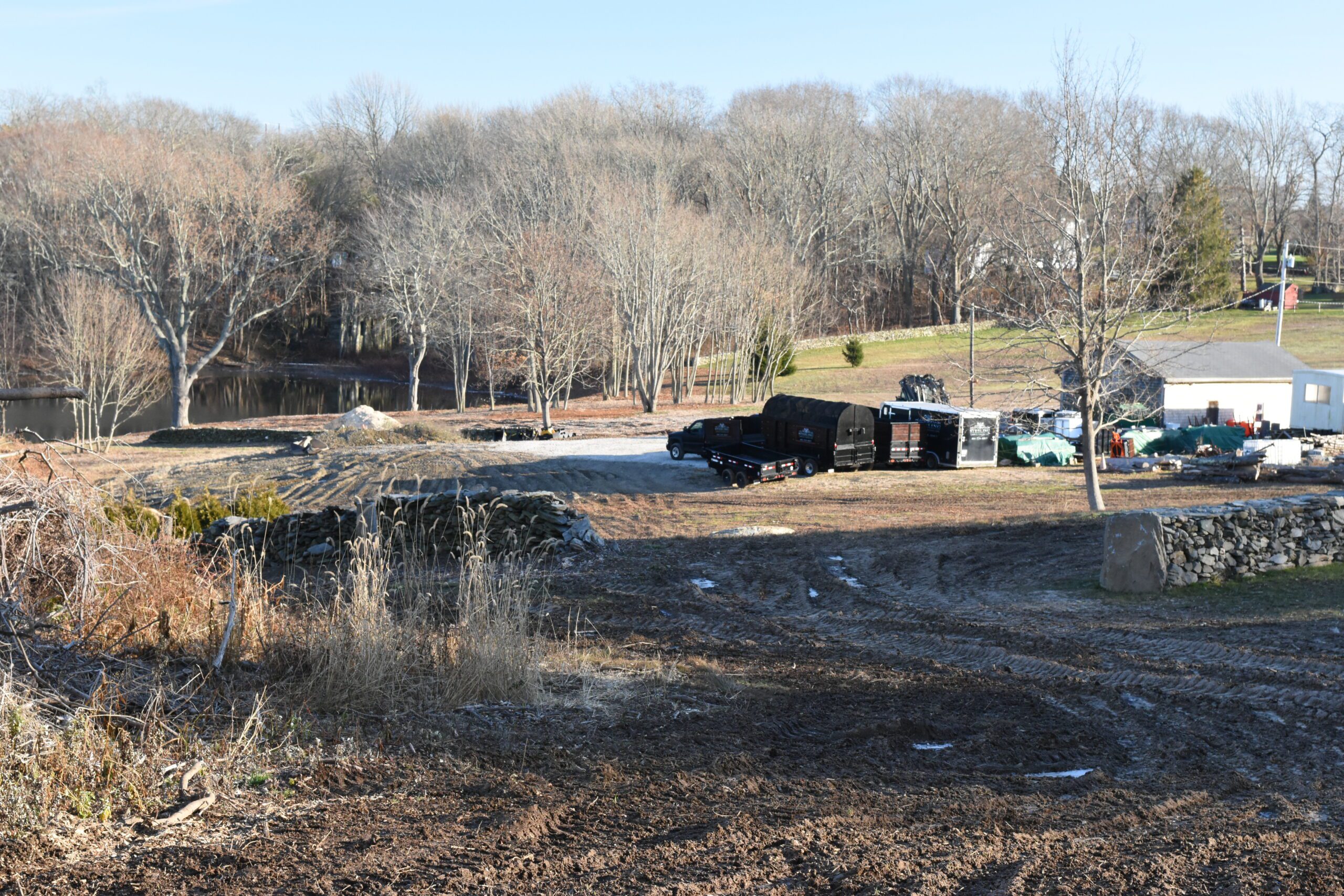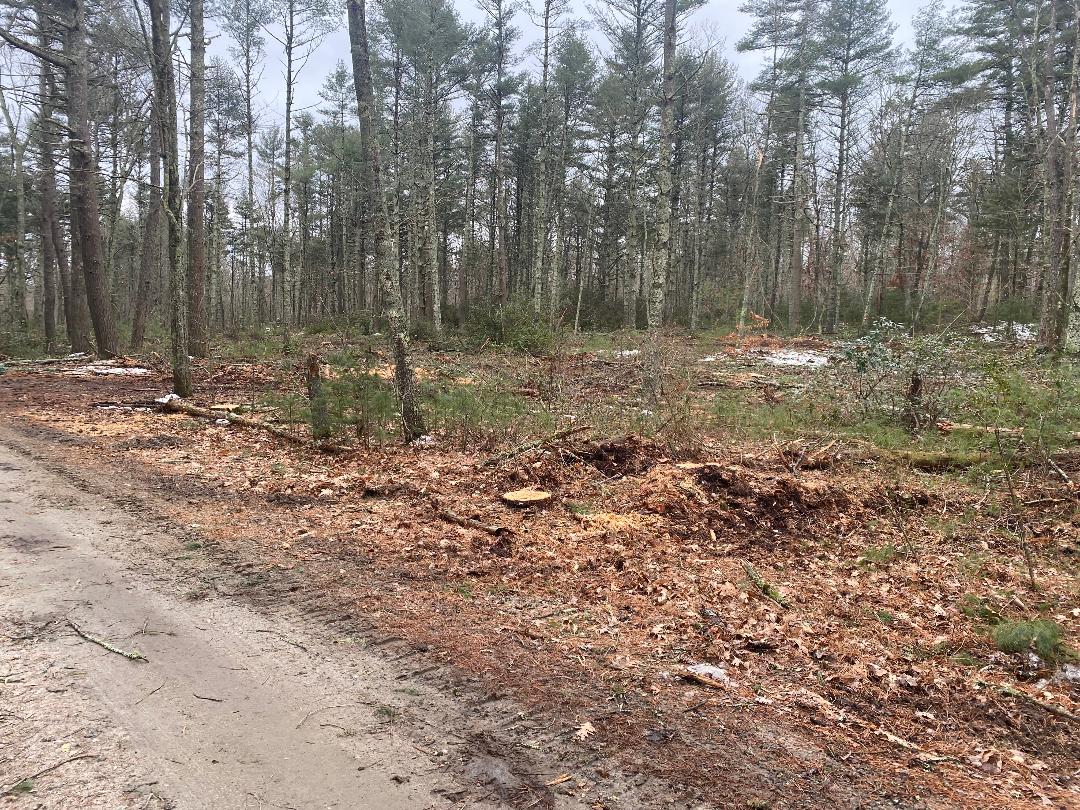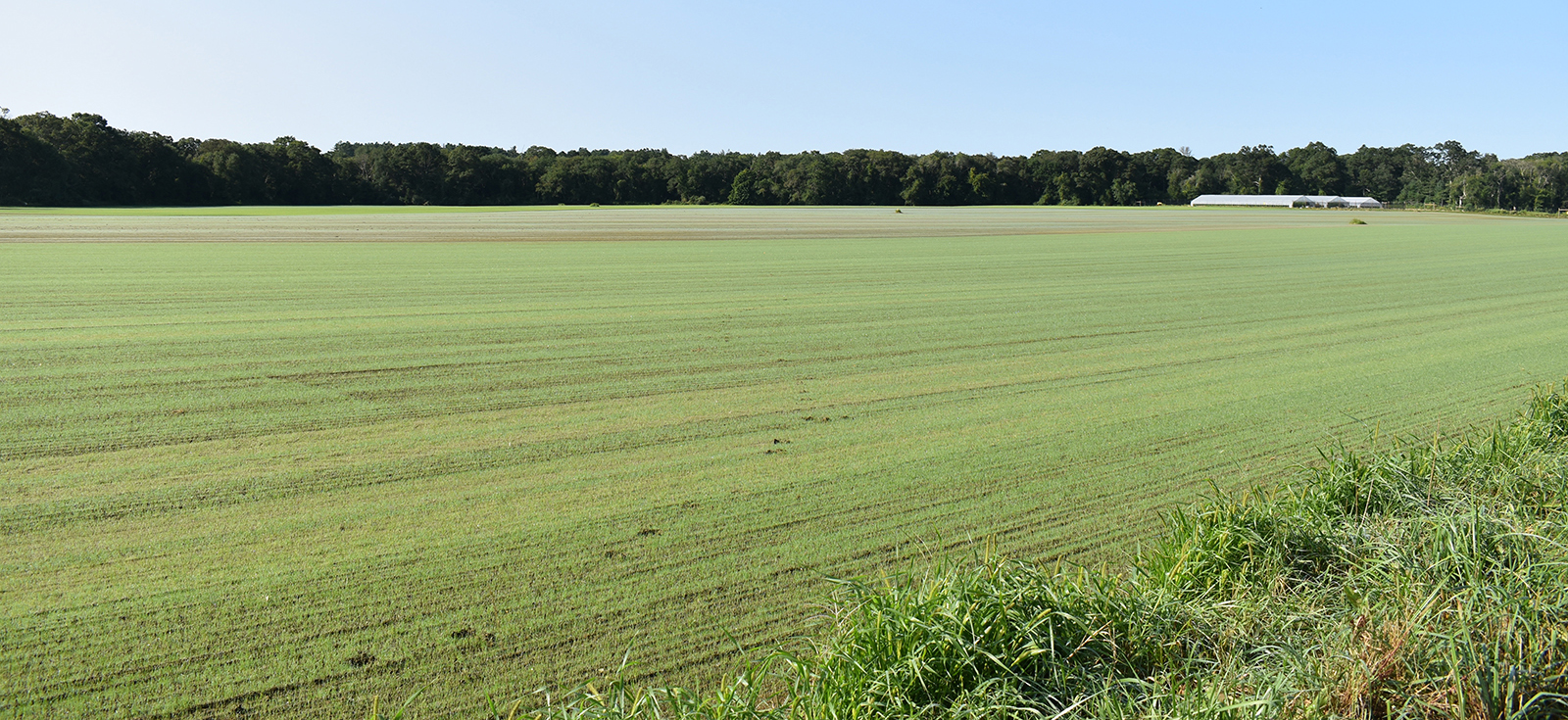Citizens Bank Agrees to Tax Deal for New Corporate Campus
April 15, 2016
JOHNSTON, R.I. — Citizens Bank’s plan to build a 420,000-square-foot corporate campus in the woods cleared the first of many hurdles recently, when the Town Council unanimously approved a 20-year tax agreement with the 13th-largest bank in the United States.
The agreement, negotiated between Citizens Bank and the town, phases in a $5 million property tax payment for the new development in $250,000 annual increments, according to a Johnston Sunrise story.
At the April 11 meeting, Mayor Joseph Polisena told the council, “As you all know, Citizens could have picked several other communities who were offering much more, but decided to choose Johnston.”
Polisena noted that infrastructure upgrades will be completed in conjunction with the project, including new extended sewer lines that will allow residential hookups to replace cesspools and septic systems, an extended water line to replace residential wells, road improvements, and new on and off ramps to the Route 295 overpass. He also said there is an environmental clean-up site on the property, and the costs associated range between $3 million and $6 million. The cleanup will be part of the development of the property at no cost to the town, he noted.
In March, bank chairman, Bruce Van Saun, and Gov. Gina Raimondo held a joint press conference to announce plans to build the new corporate campus on the west side of Route 295 on Greenville Avenue, in northern Johnston near the Smithfield line. Van Saun said building new was cheaper than renovating the bank’s existing office space in Cranston. The bank’s lease at its Sockanosset Cross Road facility expires in 2018.
The 109-acre site chosen for the bank’s new corporate campus is zoned residential. At the recent meeting, Polisena presented the council with possible scenarios for residential development for the same property, including a 50-lot subdivision. He said such residential developments would strain town services, such as schools, and would “devastate our town financially,” according to Johnston Sunrise.
However, opponents of the idea, such as Grow Smart Rhode Island, note that the proposed project goes against most everything in the Rhode Island State Guide Plan. A policy overview of the plan conducted last year reads, in part: “The central premise of this Plan is that our current rate of land consumption is a major departure from our historic pattern of dense urban centers, and is not sustainable in the long and short term. It reflects the growing realization of the urgency for Rhode Island to plan, develop, and conserve more sustainably as our very small State adjusts to the pace of the dynamic Northeast urbanized corridor and its strategic position between the regional hubs of New York City and Boston.”
Scott Wolf, executive director of Grow Smart Rhode Island, wrote in a release shortly after last month’s joint press conference announced the bank’s plan that, “Although we question the wisdom of Citizens’ decision to relocate 3,200 employees to an isolated campus, bucking the national and regional trend of employers locating where young and talented workers most want to be — in vibrant urban centers — that certainly remains their business decision.”
Grow Smart, Wolf’s release noted, objects “to the decision by the Raimondo Administration to commit public resources to help facilitate the type of move that undermines Rhode Island’s progress in incentivizing the revitalization of its cities and town centers while protecting and preserving its remaining farmland and forestland. It also seems to deviate from the Administration’s own strong commitment to smart growth policy initiatives.”
The Rhode Island Department of Transportation (RIDOT) will reportedly pay half the cost — $3 million — to design and install highway ramps to serve the new banking hub, and the quasi-government agency, the Narragansett Bay Commission, will reportedly pay the cost of extending a sewer line into the woods. There were no plans to extend a sewer line into the area until the Citizens Bank plan was announced.
The extended sewer will allow homeowners to free themselves from outdated and ineffective wastewater treatment systems, but it will cost the town and state the development of a forest and increased stormwater runoff.
Earlier this year, citing a budget shortfall, Rhode Island lawmakers passed a controversial bill to toll truckers, arguing that the state needed this revenue to maintain and repair its roads and bridges. About a month later, DOT agreed to pay $3 million to help build a highway connection — between exits 6 and 7 at the spot where Route 295 goes over Greenville Avenue — for Citizens Bank. The Citizens Financial Group’s 2014 annual report noted that the bank had $132.9 billion in total assets and $865 million in net income. Its stock price was $22.55 per share at the end of trading on April 15.
“Grow Smart RI was founded in large part to counter the negative economic and environmental effects of decades long subsidization of suburban sprawl by both the state and federal government,” Wolf wrote. “That’s why we’re particularly troubled by the planned consolidation of many of Citizens’ Rhode Island offices on forested property requiring new sewer and transportation infrastructure outlays by state government.”
The plan to build a new corporate campus comes as Citizens Financial Group executives chart a course as an independent bank, following the company’s recent commercial spin-off from United Kingdom-based Royal Bank of Scotland (RBS), its parent company since 1988. European officials forced RBS to sell Citizens after the U.K. lender received a huge government bailout during the financial crisis.
Categories
Join the Discussion
View CommentsRecent Comments
Leave a Reply
Your support keeps our reporters on the environmental beat.
Reader support is at the core of our nonprofit news model. Together, we can keep the environment in the headlines.
We use cookies to improve your experience and deliver personalized content. View Cookie Settings




If we agree to subsidize this (thru tax abatements, highway interchanges, sewer lines) we might as well save money by terminating Statewide Planning since obviously nothing that state planning does has any effect. Indeed, why bother with government at all, let corporate America run everything, since they do anyway!
Money talks and sewer lines walk. what was route 99 built for and who paid for that? Who benefits and who is burdened by the impact. I’ll bet you the ratio is > 99/1.
There is a chance to weigh in on the interchange on I-295 that Citizens wants for their sprawl "campus" as there is a public hearing scheduled May 26 about amendments to the Transportation Improvement Program (TIP) including this project. The amendment is 110 pages long, and the same public hearing also includes public comments on the draft $2.1 billion 2017-2020 TIP, part of the 2017-2025 plan which is 387 pages long! For Johnston people, there is a Town Council hearing on the zoning changes Citizens needs on May 9.
to the people you have no idea of the truth the new site has a 4 acre site it is called tucker industrial waste it is on the E P list as Superfund RID 981063290 again it is industrial waste and it has doc which means industrial solvents cleaners lead paints and oils of all kinds but the town and state would have you think it is a old household burn dump but how did that happen ri magic at its best if it was as they say burn dump why did it get on the LIST by the way the water and sewer is only going to 295 bridge and to the site TEST your wells now before they put the poison in the ground when they blast on site you might get a surprise in your well
CEO Gina Raimondo must go!! Her endorsements of the Invenergy Power Plant, LNG, and this just proves her leadership and policies are disastrous, and counter productive for our state, people, and environment!